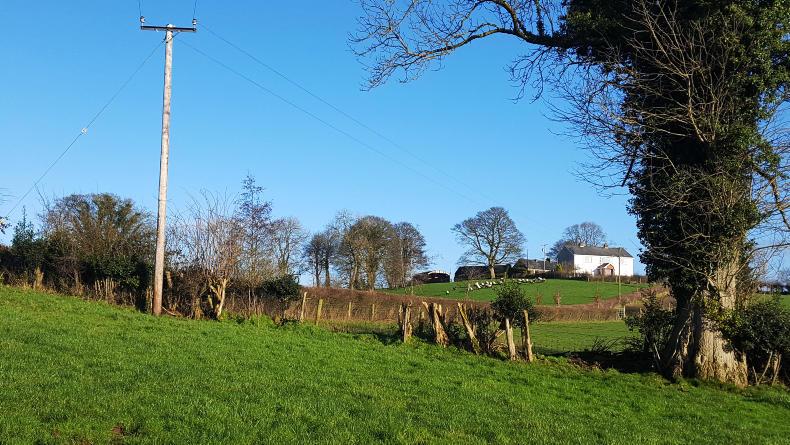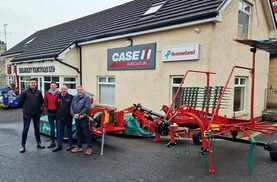The issue of land mobility seems to be very much at the forefront of minds within farming organisations at the moment.
In my opinion, those who have devised a land mobility programme in NI are to be congratulated, and assisted in any way possible.
I firmly believe that young people are our future, and need to be encouraged into farming.
There must be a smooth and steady flow of young people into our wonderful industry.
However, while I hate being negative, I feel that young people face an uphill task, especially those starting with a limited block of land. The main problem is that government policy is against them.
If any meaningful progress is to be made, we need some radical changes to assist the smooth transition of land to younger farmers. I am not looking for any hand-outs of money as I feel this could actually make the problem worse.
Instead, I feel that there needs to be radical changes to the tax system, starting with the whole issue of conacre and land leasing. Tax incentives should be put in place to allow and encourage older farmers to sign up to long-term leases to young farmers.
New land
However, more also needs to be done around the issue of income tax. As an example, about nine years ago I bought a piece of land beside my main farm. I had to give a lot more money than it was worth to ensure that I got it. Over the years, I have worked hard to try to meet the payments.
But in a good year, when I am able to make extra payments to help reduce the loan, I am then hit with a larger income tax bill. Essentially, I am seen as having made money if I try and pay off the loan. It all means that I have no extra cash in my pocket.
If it was not for the extra income tax, I would be well down the road in paying for this land. So the harder you work to make your business successful, the more income tax you must pay.
I am not against paying my fair share of taxes, but I find it very difficult to understand how you are making extra money, even though you have no more in your bank account.
I can understand that your overall worth has increased (in other words, if you sold all your property then you would have more money). But this is not going to happen in most cases as your property is your only way of making money.
It would be very easy for the Government to rectify this by deferring all tax payments on these repayments until the land was sold again.
Millstone
In my own situation, the truth is that I have had a lot of difficulty paying off the loan for this land. I could not have done it without already owning a large piece of land, and with livestock in place.
While it has been a millstone around my neck, getting to this point has only been manageable because I already had a sound business.
If I were to start with nothing, there is no way I could afford to buy land and also be lumbered with income tax payments. This is the difficulty that young farmers (just starting into farming) will have.
Some people will say that the way forward is to lease the land instead of purchasing it. This is fine, but if you have 50 cattle this year and then 60 next year, then the tax system says that you have made the value of these 10 cattle in profit.
There is no use in telling them that you have no more money in your bank account. If you tell the tax authorities that you can’t pay, they will invariably tell you to sell some of the cattle.
It all means that it is going to be very difficult for any prospective young farmer to get started.
In order for the land mobility programme to work in NI we need help from our elected representatives to try to make some changes to our unfair tax system.






 This is a subscriber-only article
This is a subscriber-only article










SHARING OPTIONS: